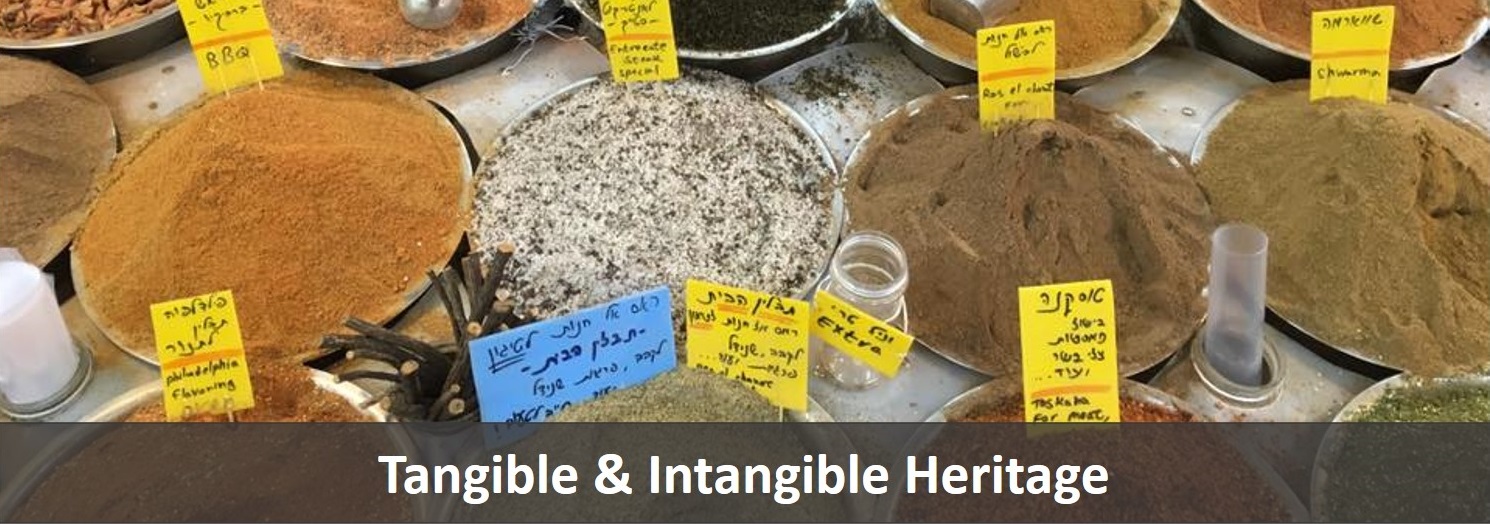The Convention for the Safeguarding of Intangible Cultural Heritage, which was passed by UNESCO in 2003, formalised a distinction between a heritage that is tangible in its materiality and another form of heritage that is about skills, crafts and knowledge. This distinction has caused considerable debate, in regards to legal instruments, recognition, preservation and impacts. Within this debate we aim to contribute to research that investigates the rationales and repercussions of this distinction, and to critically consider the implicit assumption that the distinction is universally relevant. We are particularly interested in exploring the nature of intangible heritage, its malleability and change. To this end we focus on the tensions between different forms of living heritage and the impact of heritage nomination – what factors influence whether the latter results in fossilisation of heritage or whether the ’intangible heritage’ will survive its nomination? Intangible heritage takes many different forms, all of which raise particular intellectual and social challenges. In our immediate research objectives we focus on so-called ‘heritage-language’ and on food heritage. Both are integral to how communities maintain distinctiveness; they are transmitted between generations, can travel, and are essentially performative forms of heritage. Yet, they can also be malleable and adaptive. They, therefore, raise fundamental questions about authenticity and how change can be absorbed or, alternatively, be disruptive of social cohesion. In doing so this research may challenge some of the presumptions embedded within the philosophy of the tangible-intangible distinction.




















